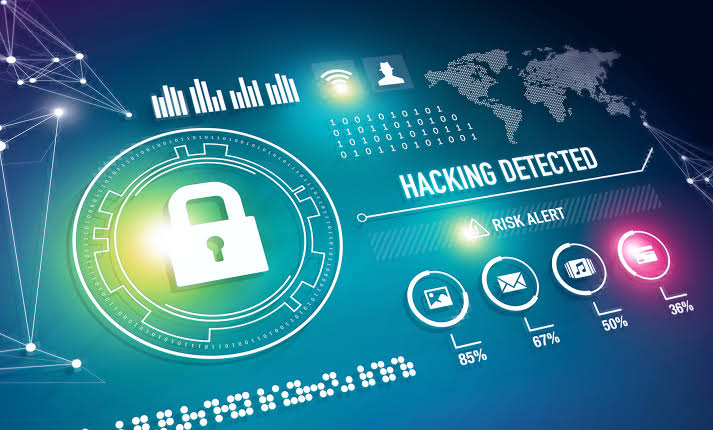In today’s digital world, protecting personal information online has become more important than ever. Cyber threats, identity theft, and data tracking are on the rise, making it essential to adopt effective tools for online security. One of the most reliable tools for protecting privacy is a Virtual Private Network, commonly known as a VPN. A VPN helps users secure their data, browse the internet privately, and safeguard against malicious attacks. Understanding how a VPN works and how to use it properly is key to staying safe online.
What is a VPN and How It Works
A VPN, or Virtual Private Network, is a technology that creates a secure and encrypted connection between your device and the internet. Normally, when you browse online, your data passes through your internet service provider, which can be monitored or even intercepted by hackers. With a VPN, your traffic is routed through a secure server in a different location, masking your IP address and encrypting your information.
This means that your real online identity is hidden, making it much harder for cybercriminals, advertisers, or even internet service providers to track your online activities. VPNs are widely used for personal security, remote work protection, and safe access to restricted content.
Benefits of Using a VPN for Safety
Using a VPN provides several advantages that go beyond privacy. Some of the key benefits include:
- Protection on public Wi-Fi – Public networks are often unsafe and vulnerable to hacking, but a VPN encrypts your connection, reducing the risk of attacks.
- Anonymous browsing – By masking your IP address, a VPN prevents tracking and helps protect your identity online.
- Data encryption – A VPN scrambles your data, making it unreadable to hackers or anyone trying to intercept it.
- Bypassing restrictions – VPNs allow users to access websites or content that may be restricted in certain countries.
- Safe online transactions – Using a VPN makes online banking or shopping more secure by protecting sensitive details such as credit card numbers.
How to Choose a Reliable VPN
Not all VPNs are equally effective, so choosing the right provider is crucial for safety. A good VPN should have strong encryption protocols, a strict no-logs policy, and reliable customer support. Free VPNs may seem attractive, but many of them track user data or lack proper security measures, which defeats the purpose of using one.
When selecting a VPN, look for:
- Strong AES-256 encryption
- A no-logs policy that ensures your data is not stored
- Multiple server locations worldwide for flexibility
- Good connection speed without heavy slowdowns
- Compatibility with different devices and operating systems
Best Practices for Using a VPN Safely
Simply installing a VPN is not enough to guarantee security. To stay truly safe online, it’s important to follow best practices:
- Always keep your VPN turned on, especially when using public Wi-Fi.
- Use multi-factor authentication for accounts in combination with VPN protection.
- Regularly update your VPN app to ensure the latest security features.
- Avoid suspicious websites and phishing links even when connected to a VPN.
- Combine VPN usage with antivirus software for stronger protection.
When You Should Use a VPN
There are specific situations where using a VPN becomes essential for online safety. Examples include:
- Accessing the internet through hotel or airport Wi-Fi
- Working remotely and connecting to company servers
- Traveling abroad and needing access to home-country services
- Conducting financial transactions online
- Protecting your browsing habits from being tracked by advertisers
Final Thoughts
A VPN is one of the most effective tools for maintaining privacy and security in the digital age. It not only hides your identity but also protects sensitive information from cybercriminals and prying eyes. However, it should be used as part of a larger digital security strategy that includes strong passwords, antivirus software, and cautious browsing habits. By selecting a reliable VPN and following safe practices, individuals can enjoy a safer, more private, and stress-free online experience.



